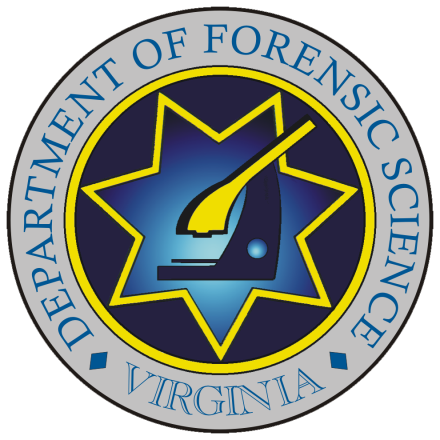The Department of Forensic Science employs forensic scientists who examine and analyze crime scene and other evidence submitted by investigating law enforcement authorities and the medical examiner’s office. The scientists issue written reports and testify in court regarding the outcome of their scientific analyses. DFS forensic scientists rarely, if ever, visit an actual crime scene. DFS scientists assist in training qualified law enforcement offices to retrieve crime scene evidence and submit it appropriately in order to preserve its value as evidence suitable for forensic laboratory analysis. Nearly all forensic scientist positions require a bachelor’s degree in a biological or physical science. Our Forensic Toxicologists hold doctoral degrees in chemistry, toxicology or pharmacology. Advanced degrees are helpful but are not required in other forensic specialty areas. Many of our examiners have a BS degree in chemistry or biology and an MS degree in forensic science. On occasion, DFS will seek to hire a “trainee” for a position in one of its laboratories. Such trainee positions are highly competitive and may require undergraduate and graduate level education and coursework as noted above. To obtain the requisite experience for a laboratory position, it may be useful to serve in an unpaid internship at a forensic laboratory. This is usually easiest to do while one is a student. All positions currently available at DFS, including trainee positions, are listed on our Job Openings page. Our technical positions are also posted to the AAFS Employment Opportunities page and the ASCLD Job Postings page.
